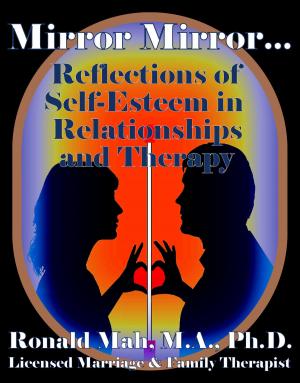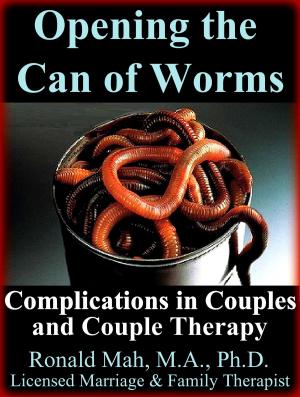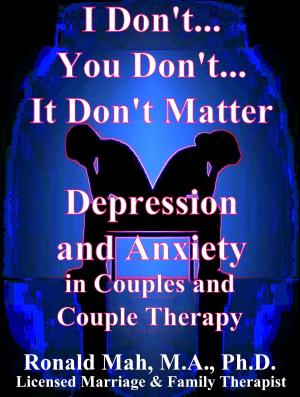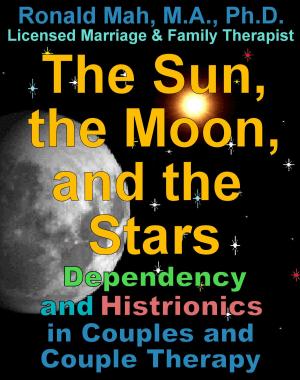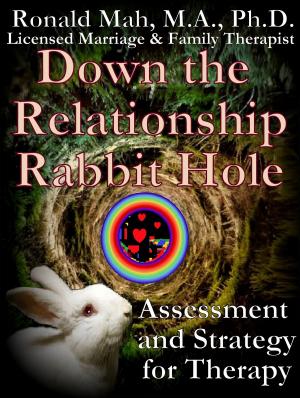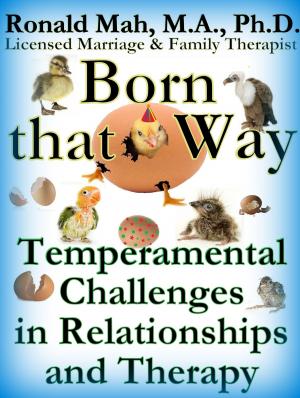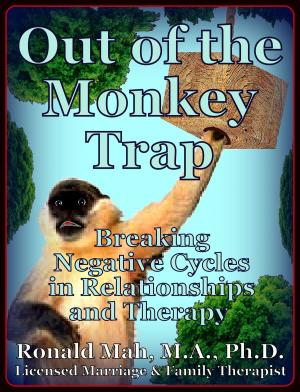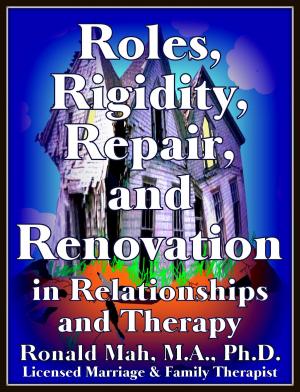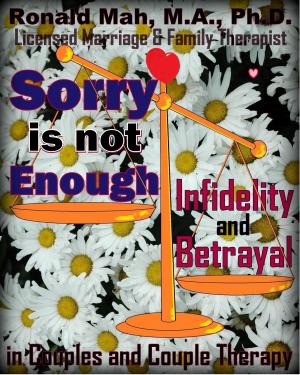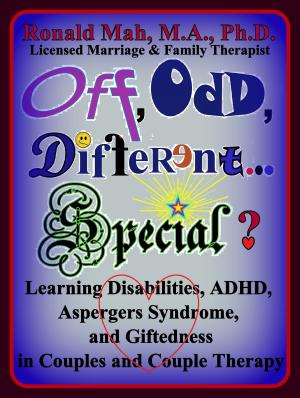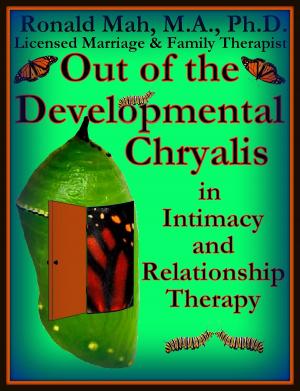All Relationships and Therapy are Multi-Cultural- Family and Cross-Cultural Complications
Nonfiction, Health & Well Being, Psychology, Family Therapy, Counselling| Author: | Ronald Mah | ISBN: | 9781310729737 |
| Publisher: | Ronald Mah | Publication: | April 21, 2014 |
| Imprint: | Smashwords Edition | Language: | English |
| Author: | Ronald Mah |
| ISBN: | 9781310729737 |
| Publisher: | Ronald Mah |
| Publication: | April 21, 2014 |
| Imprint: | Smashwords Edition |
| Language: | English |
"All Relationships and Therapy are Multi-Cultural- Family and Cross-Cultural Complications." The therapist must conduct therapy as inherently cross-cultural and multi-cultural, not only between and among clients but also between the therapist and clients. Cross-cultural or multi-cultural perspectives are not an occasionally helpful or enriching tool in therapy, but a, if not the primary assessment and treatment strategy for effective interventions. Family-of-origin experiences are comparably compelling to functioning and relationships as culturally-based experiences that can cause matched and mismatched dynamics that can complicate and harm intimacy and harmony. There are important problematic approaches to cross-cultural conflicts that the therapist should avoid, including knowledge approaches that overwhelm the therapist. In addition, a practical approach will be presented that facilitates connection and intimacy, while addressing the client expressed therapeutic roadblocks of cultural determinism and cultural relativism: “I have to,” and “You don’t understand.”
Therapy can be mismanaged with clients who appear to have identical demographics, who nevertheless present significantly different attitudes, values, and behaviors based on family experiences comparable to cultural modeling. The harm of dismissal and disconnection from some universalistic approach to diversity (“I see you as an individual. I don’t see color or differences”) are examined as existential annihilation counter-indicative to good therapy. The therapist is guided how to adapt clinical strategies to fit the cultural styles of clients. In the challenging but not uncommon situation, when the therapist is not familiar with client’s cultural background, the therapist will be directed to effective therapeutic strategies using expression areas of cultural differences.
"All Relationships and Therapy are Multi-Cultural- Family and Cross-Cultural Complications." The therapist must conduct therapy as inherently cross-cultural and multi-cultural, not only between and among clients but also between the therapist and clients. Cross-cultural or multi-cultural perspectives are not an occasionally helpful or enriching tool in therapy, but a, if not the primary assessment and treatment strategy for effective interventions. Family-of-origin experiences are comparably compelling to functioning and relationships as culturally-based experiences that can cause matched and mismatched dynamics that can complicate and harm intimacy and harmony. There are important problematic approaches to cross-cultural conflicts that the therapist should avoid, including knowledge approaches that overwhelm the therapist. In addition, a practical approach will be presented that facilitates connection and intimacy, while addressing the client expressed therapeutic roadblocks of cultural determinism and cultural relativism: “I have to,” and “You don’t understand.”
Therapy can be mismanaged with clients who appear to have identical demographics, who nevertheless present significantly different attitudes, values, and behaviors based on family experiences comparable to cultural modeling. The harm of dismissal and disconnection from some universalistic approach to diversity (“I see you as an individual. I don’t see color or differences”) are examined as existential annihilation counter-indicative to good therapy. The therapist is guided how to adapt clinical strategies to fit the cultural styles of clients. In the challenging but not uncommon situation, when the therapist is not familiar with client’s cultural background, the therapist will be directed to effective therapeutic strategies using expression areas of cultural differences.

